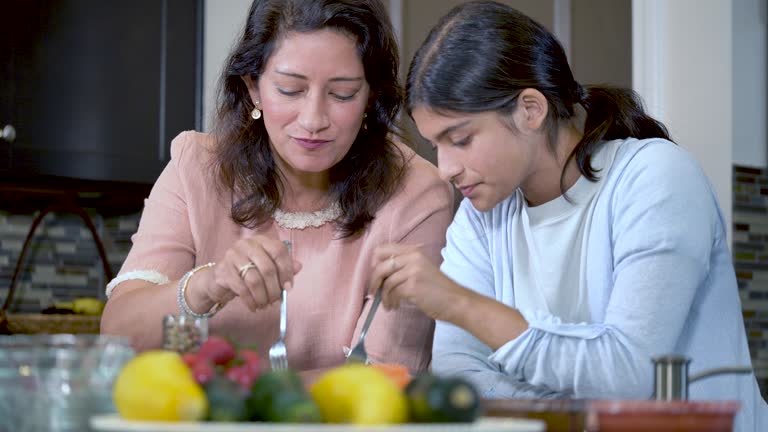In today’s fast-paced lifestyle, many people tend to skip meals, choose processed food, or overeat due to stress and work pressure. Over time, these habits contribute to weight gain and other health problems. While weight loss seems difficult, especially with rich and flavorful Indian food, it is very much possible by making a few simple changes to your everyday meals.
Instead of turning to foreign diet trends, traditional Indian food already offers everything you need for healthy weight management. Many of the ingredients you need are already in your kitchen. A smart and balanced diet plan includes all five food groups in the right amounts.
Focus on the Right Carbohydrates
Carbohydrates provide energy and must make up about 50% of your daily food intake. However, avoid simple carbs like white bread, sugar, biscuits, and refined flour. These increase blood sugar and cause hunger soon after eating. Choose whole grains such as brown rice, oats, and millets like ragi. These take longer to digest and help keep you full for longer, supporting better weight control.
Tip: Don’t follow extreme diets like no-carb or starvation plans.
Add Enough Protein
Protein is essential for building and repairing muscles, skin, and tissues. It also helps burn more calories by improving your metabolism. About 30% of your daily intake should include protein. Non-vegetarians can eat eggs, chicken, or fish, while vegetarians can include paneer, dals, sprouts, chickpeas, and leafy greens like spinach.
Tip: Plant-based meat alternatives are also gaining popularity as good sources of protein.
Vitamins and Minerals for Better Health
These are necessary for immunity, bone strength, nerve function, and metabolism. Common sources include fruits, green vegetables, nuts, seeds, dairy, and seafood. Try to include at least 100g of fruits and 100g of green vegetables daily.
Tip: Eating whole fruits and vegetables is better than drinking juices, which often lose fiber during blending.
Don’t Skip Fiber
Fiber supports digestion, keeps you full, and protects your heart. Indian diets naturally include fiber-rich foods like oats, flax seeds, lentils, apples, and broccoli. Aim for at least 15g of fiber daily.
Tip: Snack on fruits, nuts, seeds, and raw veggies between meals.
Healthy Fats Are Also Important
While fats are often avoided, healthy fats support hormone function and help absorb vitamins. Use heart-friendly oils like olive, mustard, sunflower, or groundnut oil. Limit fried foods and baked snacks with trans fats.
Tip: A spoonful of ghee each day can benefit your joints and digestion.
Sample 7-Day Indian Diet Plan
A structured weekly meal plan includes:
- Morning Detox: Cucumber water
- Breakfast: Idli, Poha, Chilla, or multigrain toast
- Mid-Morning: Nuts and Green Tea
- Lunch: Dal, Sabzi, Brown Rice or Whole Wheat Roti, Salad
- Snacks: Fruits, Paneer, Buttermilk
- Dinner: Light meals like Dal, Sabzi, and Roti or Brown Rice
End the week with a “cheat meal” to stay motivated, but don’t overdo it.
Common Questions
What are good snacks for women trying to lose weight?
- Fruit smoothies with nuts
- Buttermilk or green tea
- Whole grain sandwiches
- Khakra, dates, walnuts
- Salads
Which Indian foods should be avoided?
- Sweets and desserts
- Fried foods
- Foods made with refined flour
- Sugary drinks and alcohol
- Thick, oily gravies
- White rice and bread
Conclusion
Always consult with your doctor or a healthcare professional before making significant dietary changes for Athletic Performance. They can provide personalized guidance based on your medical history and current health status.
Note: If you have any health-related concerns, please call us at +91-9058577992 to receive free consultation from our experienced doctors. Thank you.

